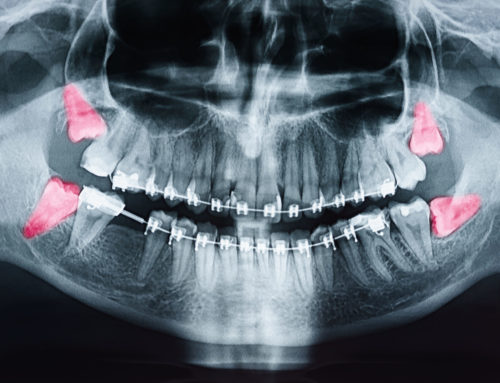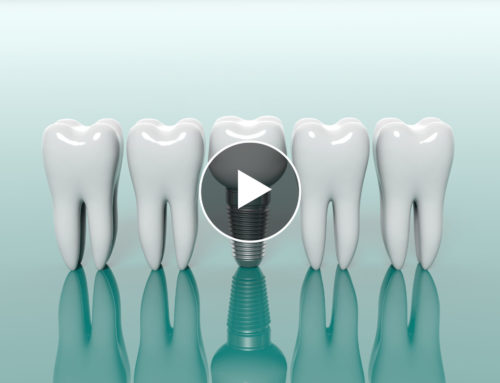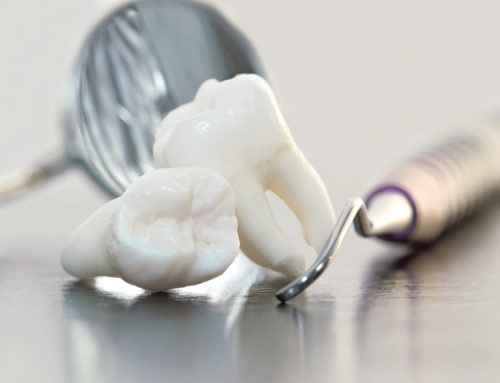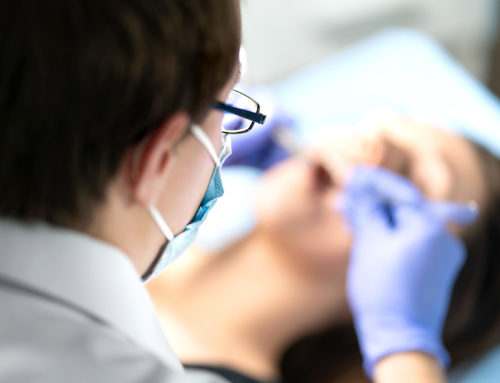Genes Can Sometimes Be Blamed For Gum Disease
Gum disease is often blamed on poor dental hygiene. However, studies have shown many people are genetically predisposed to this condition. In fact, researchers believe that up to 30 percent of the population has a genetic predisposition to this condition.
What The Research Says
Many patients with a severe form of periodontal disease have genetic factors that affect a cytokine called interleukin-1. Interleukin-1 is involved in the inflammatory process. People who have genetic factors that affect this cytokine may be up to 20 times more likely to develop this condition.
A team of researchers at the University of North Carolina School of Dentistry also found there is a link between genetics and gum disease. The study was led by Kimon Davis. Davis stated the researchers found that some of the genes responsible for immune system function and nervous system development may also affect a person’s risk of developing periodontal disease.
The researchers also believe the nervous system may trigger an immune system response when harmful bacteria begins to grow underneath the gums. This can cause gum inflammation. It can also destroy the tissue and bone that supports the tooth.
Is This Condition Inevitable If You Have A Genetic Predisposition?
Just because a person has a genetic predisposition to gum disease does not mean he or she cannot avoid it. An oral surgeon Houston patients visit may recommend early testing in order to determine whether a person is at an increased risk of developing this condition because of genetics. Early intervention can help prevent periodontal disease.
It is also important to note there are ways patients can greatly reduce their chances of periodontal disease. One of the ways people can cut their chances of this condition is by brushing and flossing regularly. Dentist recommend brushing twice a day with fluoridated toothpaste. Fluoride helps strengthen the enamel and helps protect it from decay. Fluoride also helps protect against periodontal disease. People should brush for a minimum of two minutes.
Flossing is another important part of a dental care regimen. Flossing helps remove plaque and food particles from in between the teeth. One should floss at least once a day.
It is also important to avoid smoking. It is estimated people who smoke are six times as likely to develop periodontal disease. If a person already has gum disease, smoking will make it worse. Smoking suppresses the immune system, which makes it harder for the gum tissue to heal. Fortunately, people who smoke can greatly improve their dental health by quitting.
Additionally, eating a healthy diet can help prevent periodontal disease. Studies have shown that people who do not get the recommended amount of vitamin C are 1.5 times more likely to develop this condition. Vitamin C is found in dark, leafy green vegetables and citrus fruits. Drinking purified water as well as eating vegetables may also help reduce the risk of periodontal disease.
Sugary and starchy foods have been shown to increase the risk of gum disease. They can also increase the risk of tooth decay.
Whether it’s genetic or a result of your lifestyle, we at OMSH would like to help those with periodontal disease. Call us today to schedule an appointment.






